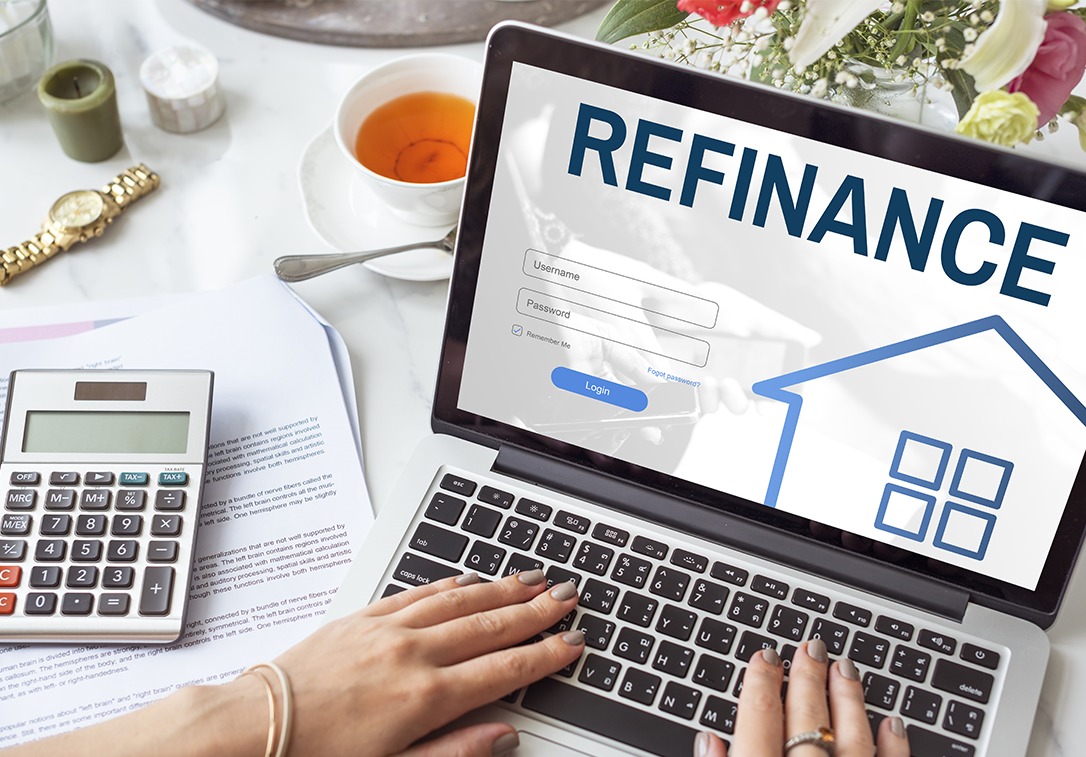In the introduction, we will discuss the concept of loan refinancing and its significance for borrowers. Loan refinancing is a financial strategy that involves replacing an existing loan with a new one, typically to secure better terms, interest rates, or to consolidate debt. It can be a valuable tool for individuals seeking to optimize their financial situation and manage debt more effectively.
In this article, we will explore the pros and cons of loan refinancing to help you determine whether it is the right option for your specific needs. By understanding the potential benefits and drawbacks, you can make informed decisions about your financial future. Additionally, we will highlight key scenarios when it might be appropriate to consider loan refinancing and the factors that play a crucial role in this decision-making process.
Pros of Loan Refinancing
The process of loan refinancing offers several significant advantages that can positively impact a borrower’s financial situation.
Firstly, one of the primary benefits of loan refinancing is the potential to secure lower interest rates. When interest rates in the market decrease or when a borrower’s creditworthiness improves, they may qualify for a new loan with a lower interest rate compared to their original loan. This reduction in interest rate translates to substantial savings over the life of the loan and can lead to more manageable monthly payments, easing the burden on the borrower’s budget.
Secondly, loan refinancing provides an opportunity to improve the loan terms. Borrowers can choose to shorten the loan term, allowing them to pay off the loan faster and save on overall interest costs. On the other hand, extending the loan term may be an option for those who require lower monthly payments, even if it results in a longer loan duration.
Moreover, loan refinancing can be a means of consolidating debt. For individuals with multiple outstanding loans, refinancing allows them to combine these loans into a single new loan. Debt consolidation streamlines the repayment process, making it more convenient to manage multiple debts and reducing the risk of missed payments.
Cons of Loan Refinancing
While loan refinancing offers several benefits, it also comes with certain drawbacks that borrowers should consider carefully before making a decision.
One significant con of loan refinancing is the associated closing costs and fees. When refinancing a loan, borrowers typically incur various expenses, such as application fees, appraisal and inspection costs, and other administrative charges. These costs can add up and might offset some of the potential savings from a lower interest rate, especially for those planning to move or sell the property relatively soon.
Another consideration is the potential long-term costs of loan refinancing. If a borrower chooses to extend the loan term to reduce monthly payments, they may end up paying more in interest over the life of the new loan. Additionally, if the new loan has a variable interest rate, the borrower’s monthly payments may fluctuate with changes in the market, potentially leading to higher costs in the future.
Furthermore, loan refinancing can have an impact on a borrower’s credit score. The refinancing process involves a credit inquiry, which can cause a temporary dip in the borrower’s credit score. While this effect is usually minor and short-lived, it’s essential for borrowers to manage their credit responsibly during the refinancing process to prevent any adverse effects on their creditworthiness.
When to Consider Loan Refinancing
Loan refinancing can be a beneficial financial move under specific circumstances. Here are some key situations when borrowers should seriously consider loan refinancing:
Falling Interest Rates: When interest rates in the market significantly decrease from the time you obtained your original loan, it may be an excellent time to refinance. By securing a new loan with a lower interest rate, you can potentially save a considerable amount over the loan’s term.
Improved Credit Score: If your credit score has significantly improved since you first obtained the loan, you may qualify for better loan terms and interest rates through refinancing. A higher credit score reflects improved creditworthiness, making you a more attractive borrower to lenders.
Changes in Financial Situation: Positive changes in your financial situation, such as increased income or a stable job, can make you a more eligible candidate for refinancing. Similarly, if you encounter unforeseen financial challenges, refinancing may help you adjust your loan terms to better suit your current circumstances.
Change in Loan Terms: Refinancing allows you to modify your loan terms to align better with your financial goals. For example, switching from an adjustable-rate to a fixed-rate loan can offer more predictable payments and protect against future interest rate increases. Conversely, shortening the loan term can help you pay off the loan faster and reduce overall interest costs.
Debt Consolidation Needs: If you have multiple outstanding loans or high-interest credit card debt, consolidating your debts through refinancing can simplify your finances. Combining various debts into one new loan can make it easier to manage payments and potentially reduce interest expenses.
Conclusion
In conclusion, loan refinancing can be a powerful financial tool, offering numerous benefits for borrowers seeking to optimize their loan arrangements and manage debt more effectively. The advantages of loan refinancing include the potential for lower interest rates, improved loan terms, and the consolidation of debt, all of which can have a positive impact on a borrower’s financial well-being.
